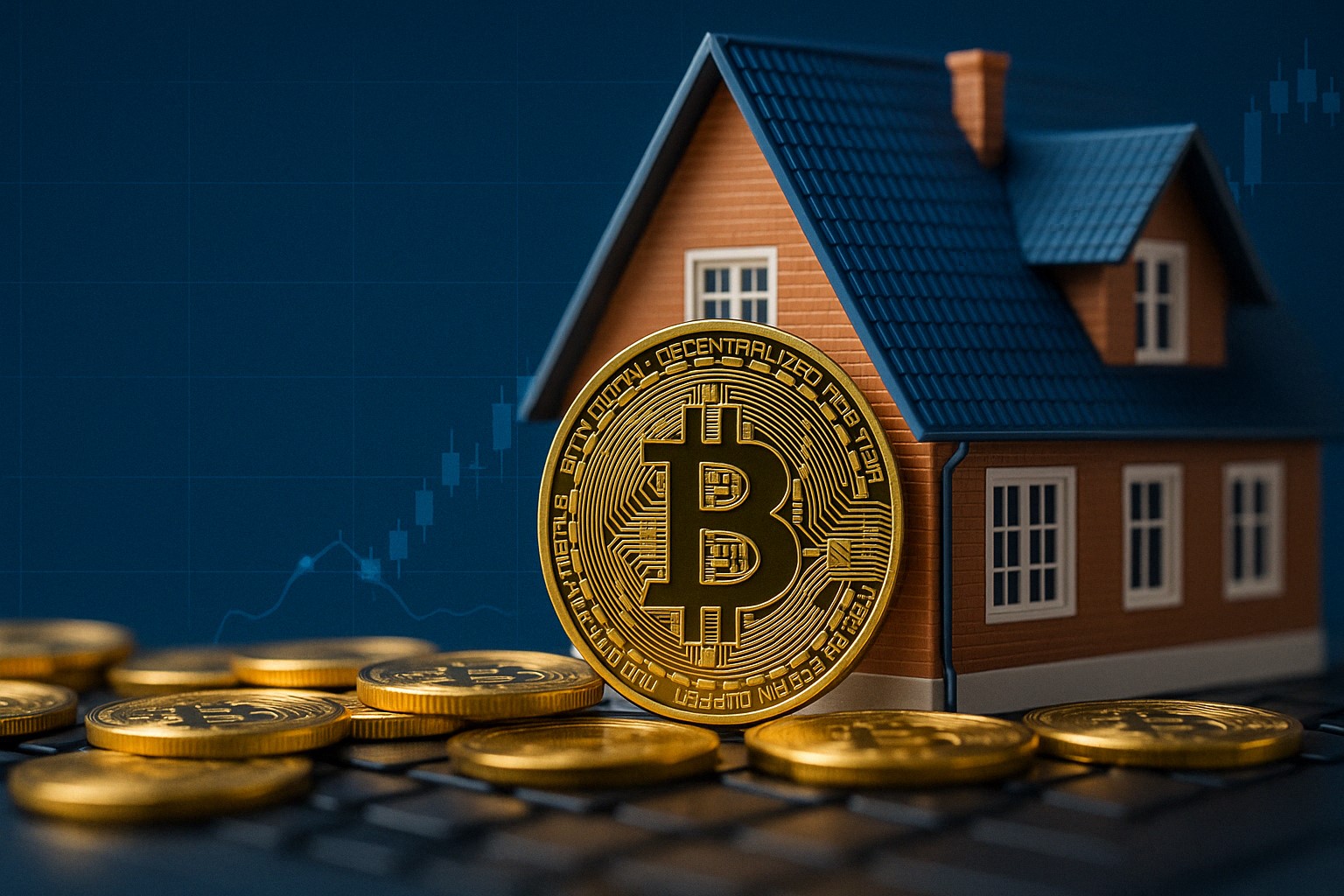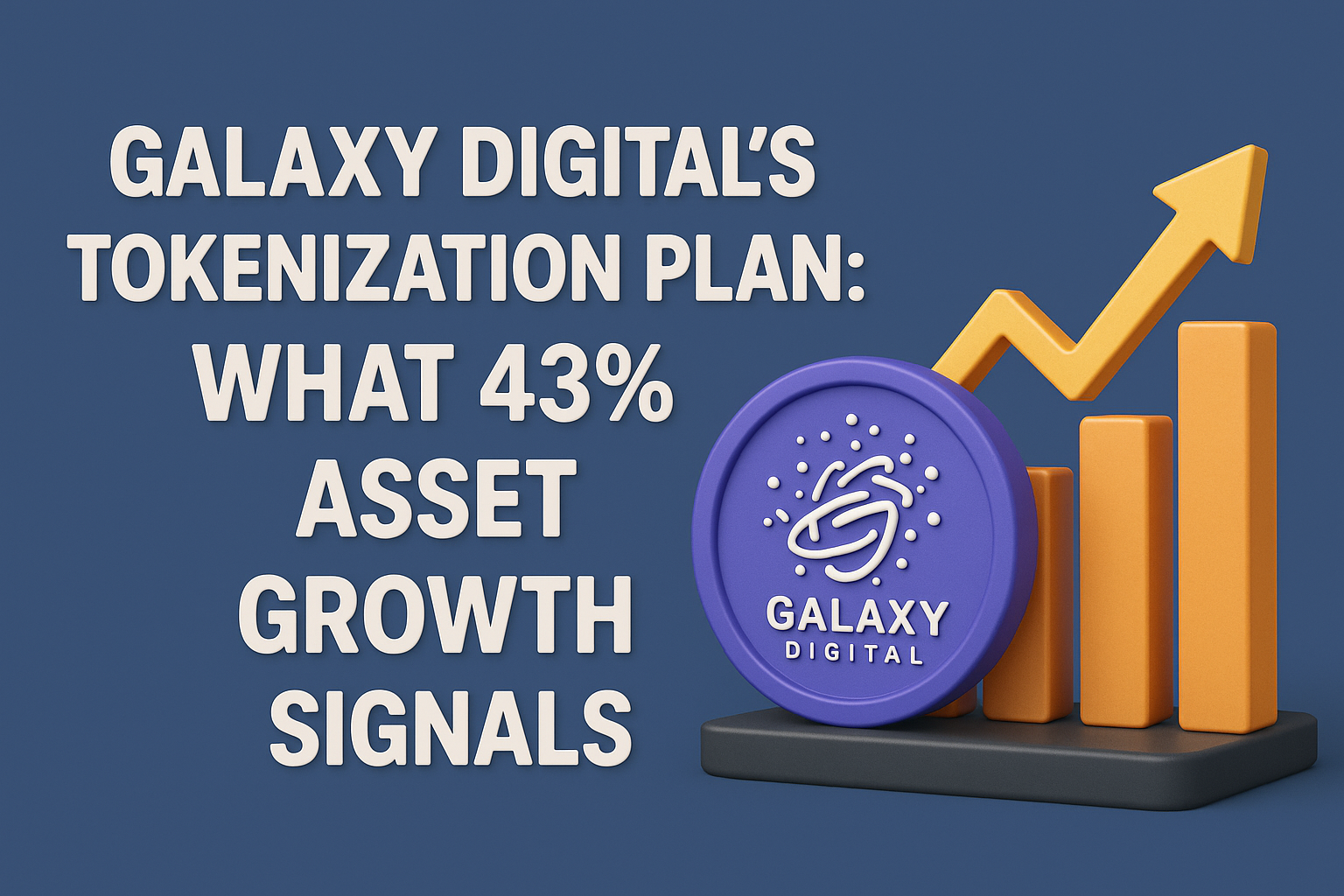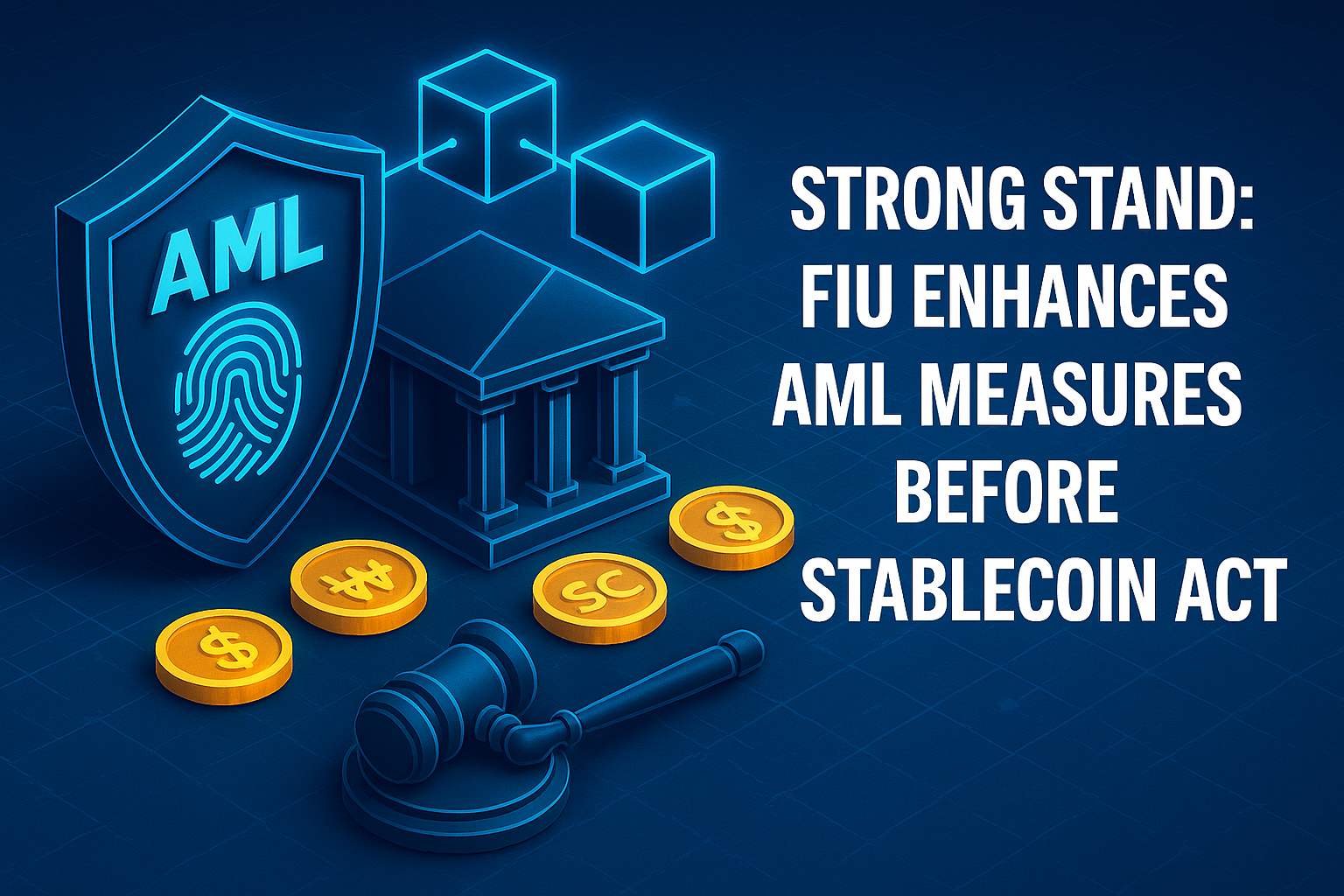South Koreans ramp up digital asset holdings after U.S. election, backed by domestic regulatory shifts.
South Korea’s crypto market hit a new milestone at the close of 2024, with domestic holders amassing a record $73.4 billion worth of digital assets on local exchanges. This data, published by the Bank of Korea (BOK) and covered by Busan Ilbo, highlights growing retail and institutional confidence in the space.
According to the central bank’s most recent payment settlement report, the value of crypto held in South Korean wallets surpassed 100 trillion won ($70.5 billion) in December 2024, marking the highest recorded level since the BOK began monitoring crypto.
Trump’s Crypto-Friendly Rhetoric Spurs Korean Market Action
Observers point to the U.S. presidential election outcome as a major catalyst. The election of Donald Trump in November 2024, coupled with his campaign’s pro-crypto policy proposals, led to a sharp uptick in buying activity among Korean investors.
South Korean crypto holdings jumped from 58 trillion won ($41 billion) in October to over 100 trillion won in December, a 2.2x increase in just eight weeks.
This movement coincided with speculative optimism over a friendlier global regulatory environment under Trump’s administration.
Daily Trading Volume Surges to $12 Billion
In addition to asset accumulation, the BOK reported a massive spike in trading activity. By year-end, daily average transaction volumes reached 17.2 trillion won ($12.1 billion) — up nearly fivefold from October.
These volume gains underscore how political events outside of Asia can still profoundly influence investor behavior in South Korea, one of the most active crypto markets globally.
Domestic Policies Also Played a Supporting Role
While Trump’s influence loomed large, the BOK noted that local developments also boosted confidence. In July 2024, the Virtual Asset User Protection Act came into effect, introducing investor safeguards, rules for exchanges, and punishments for unfair trading practices.
This legislation helped formalize South Korea’s stance on crypto and gave retail investors clearer protections, contributing to the rising HODL trend.
A second round of revisions to the law was scheduled for November, but political instability following President Yoon Suk-yeol’s attempted martial law declaration on December 3 delayed proceedings.
Despite that, regulatory discussions are expected to resume after the June 2025 elections.
Crypto Firms Still Bound by Strict Limits
Even with rising adoption, South Korean firms are still barred from certain crypto activities. They cannot issue tokens domestically, nor are they permitted to hold digital assets like Bitcoin on their balance sheets.
Industry stakeholders argue these rules are outdated and have caused South Korea to lose ground to the U.S. and Japan in blockchain innovation. However, policymakers have hinted that reforms may arrive in the second half of 2025.
Stablecoin Oversight On the Horizon
The BOK’s report concluded with commentary on stablecoins, expressing concern over their potential to disrupt monetary policy.
“Unlike typical virtual assets, stablecoins resemble money. If used widely as payment, they could impact central bank control over liquidity and financial systems.”
The BOK called for a separate regulatory framework for stablecoins and pledged to support the Virtual Asset Committee, the government body responsible for shaping crypto law.
The bank also committed to providing regulatory insight from a central banking standpoint as part of South Korea’s broader stablecoin policy development.



